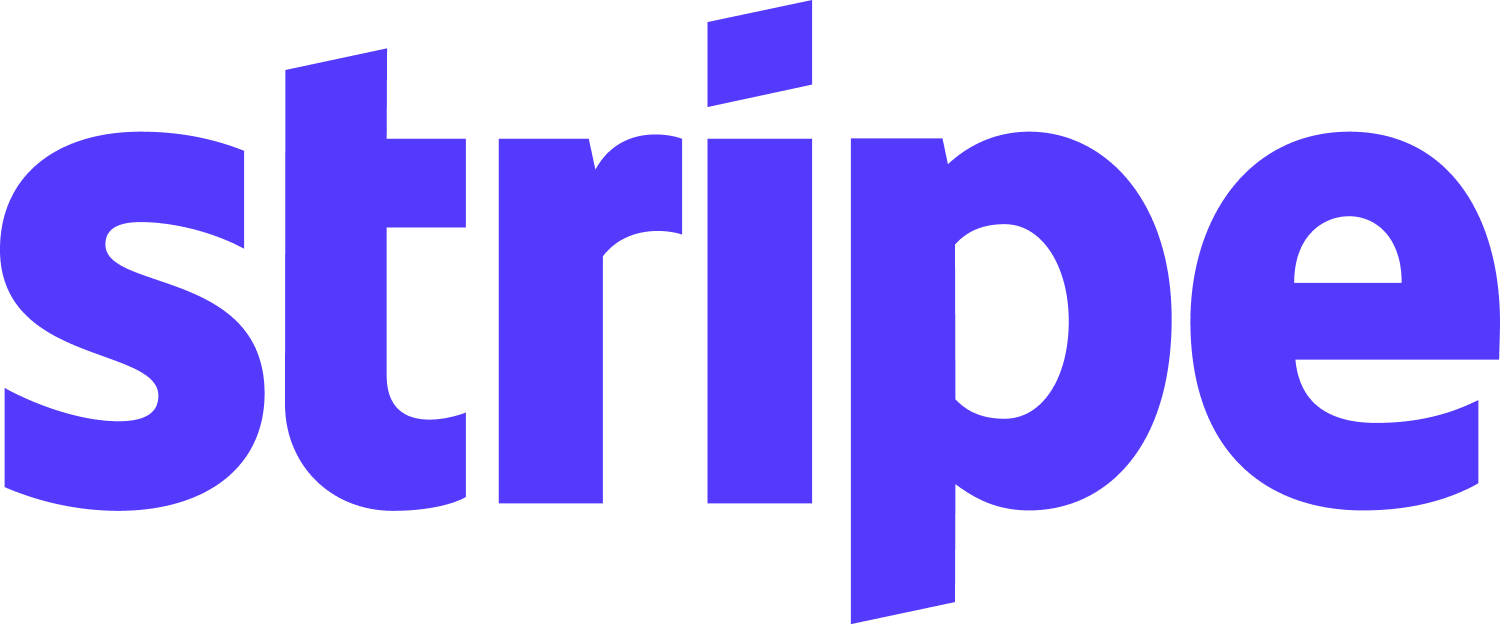Home >
Resources >
IIA Singapore Blog > Charting Your Success In 2025

Welcome to 2025! As we usher in a new year, uncertainty fills the air. Will existing conflicts escalate further? Will the threats of tariffs materialise? Will unforeseen risks emerge? As internal auditors, this means we must navigate the complexities ahead by preparing for both opportunities and challenges. For those working in organisations where the financial year aligns with the calendar year, you would have just completed the annual risk assessment and audit plan. These plans serve as a strategic roadmap but represent only the first step. Here are some tips to maximise the impact of our audit plans:
Align with the Organisation’s Objectives
An audit plan delivers the most value when it supports the organisation’s key objectives. While significant effort may go into creating a risk-rated audit universe that spans business units and functions, the plan should reflect the organisation’s priorities. For example, if your organisation plans to expand internationally, audit projects could focus on compliance with international regulations or evaluating the comprehensiveness of the expansion plan. If your organisation is downsizing, audits covering employment law risks and business continuity would be relevant.
Be Flexible to Change
In today’s fast-evolving environment, an organisation’s strategies and priorities often shift during the year. Likewise, an audit plan should be dynamic, responding to emerging risks, advisory opportunities, and unforeseen challenges. A robust monitoring process ensures audit activities stay relevant. Additionally, the team should continue to assess ‘Plan B’ projects not included in the final audit plan for relevance. If a planned audit is no longer relevant, the team can pivot to the next most relevant project at short notice.
Focus on Quality, Not Quantity
The value of an internal audit function is not measured by the number of projects completed but by the impact of the insights delivered. Innovative audit teams often focus on fewer, higher-quality audits that delve deeper into critical areas. Conversely, prioritising volume can lead to wasted resources, diminished stakeholder engagement and dilution of the internal audit brand. Different organisations may value internal audit recommendations differently. For example, stakeholders in a highly regulated industry may prefer audits that identify non-compliance, while those focused on growing the bottom line might prioritise audits that uncover cost-saving opportunities.
Personal Developmental Goals
Just as an audit plan is crucial for the internal audit department’s success, I want to shift focus now to our personal development plans, which are foundational for our long-term growth and career progression. Whether you are excelling in your current role or preparing for future opportunities, setting actionable development goals helps maintain focus. When setting personal development goals, consider the following:
Set Challenging Goals
For those with ambitious career goals, we must step out of our comfort zone. Albert Einstein said, “A person who never made a mistake never tried something new.” I encourage us all to aim for more challenging goals and embrace failure as part of the learning process – provided we learn from it.
Invest in Your Future
The rise of digital transformation, automation, and emerging risks means that upskilling is no longer optional – it is a necessity. Think about the role you want in both the near term and long term, and the skills you will need to get there. Consider setting aside time to develop expertise in emerging risk areas, such as generative AI or risk modelling, or pursuing professional certifications like the Certified Internal Auditor (CIA) designation. While excelling in year-end appraisals is important, adopting a strategic perspective on skill development is equally crucial.
Be Accountable to Yourself
Ultimately, we are accountable to ourselves for achieving our goals. It is easy to lose focus when work becomes hectic, so proactively providing updates beyond formal reviews can help maintain momentum and keep us on track. Having someone beyond our supervisors to support us can also help us stay committed to our objectives. For certification goals, we should set specific timelines for exam preparation and ask a trusted colleague to check in on our progress.
Moving Forward
Having well-crafted audit plans and personal developmental plans is a critical first step. As the saying goes, “Failing to plan is planning to fail.” But beyond planning, we must execute these plans with discipline and rigour, strive for continuous improvement, and remain flexible when faced with unexpected challenges. Let’s celebrate small wins, keep a positive outlook and stay focused on the bigger picture. Together, let’s make 2025 our best year, filled with progress, learning, and success. Here’s to a remarkable year ahead!
Gary Teo currently leads the internal audit department at Airwallex, a fintech company headquartered in Singapore and is a Board member of The Institute of Internal Auditors Singapore.
The Institute of Internal Auditors Singapore blogs reflect the personal views and opinions of the authors. These views may differ from policies and official statements of The Institute of Internal Auditors Singapore and its committees and from opinions endorsed by the bloggers’ employers.




